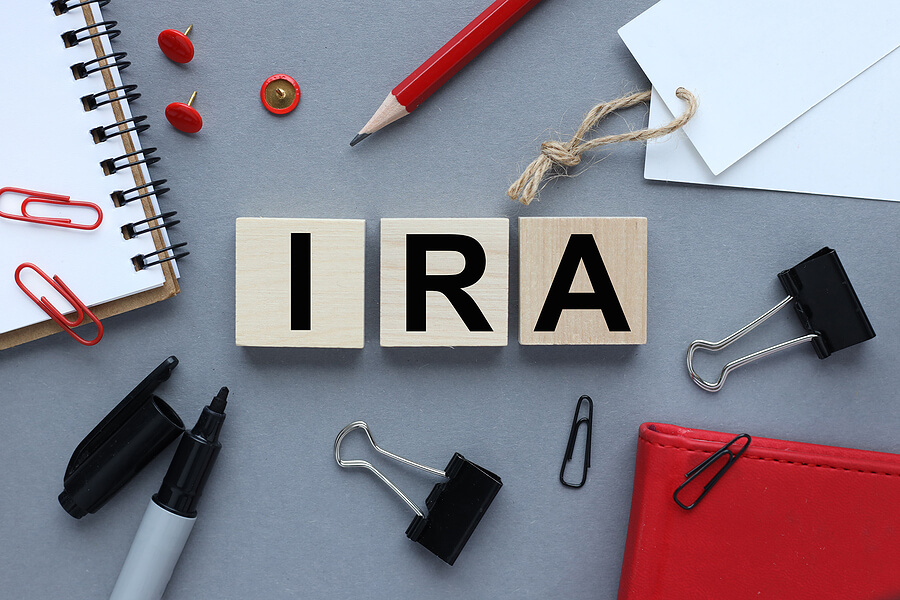If your New Year’s resolutions included increasing your retirement savings efforts in 2024, there are a few changes to rules about IRAs, 401(k)s, and even 529 College Savings Plans you’ll want to know about.
Contribution limits for 2024 have gone up. Annual contributions for IRAS in 2024 are now $7,000, up from $6,500 in 2023. It applies to the total contributions to all traditional and Roth IRAs. For those 50 and older, the contribution limit is $8,000 because of the $1,000 “catch-up” contribution allowed for older savers.
401(k) annual contributions are now $23,000. It applies to similar employer-sponsored retirement accounts, including 403(b) plans, most 457 plans, and the Thrift Savings Plan for federal government workers. Older savers (50-plus) may contribute up to $30,500 this year to a 401(k), 403(b), and most 427 plans and Thrift Savings Plans.
Funds in a 529 college savings account may now be rolled over into a Roth IRA for the beneficiary with no penalty. This tax-free rollover rule is part of SECURE 2.0. Individuals may roll over as much as $35,000 from 529 savings accounts, subject to annual Roth IRA limits. There are rules to follow: the account must be owned for at least 15 years before you can roll over the funds, and you may only roll over money that’s been in the account for at least five years. The account holder, typically a child’s parent or grandparent, may roll no money into their own Roth IRA – it can only go into an account established for the beneficiary of the 529 plan.
Rules about emergency withdrawals have changed. Previously, if you had an immediate financial emergency, you could get an early distribution from 401(k)s and IRAs. You’d have to pay income tax on the withdrawal, and if you were younger than 59 ½, you’d also get hit with a 10% penalty.
In 2024, you may make one withdrawal of $1,000 per year to pay for an emergency expense without owing the 10% penalty, as long as you “self-certify” that you need the money for an emergency.
There is another penalty-free withdrawal allowed to victims of domestic abuse under age 59 1/2, who may withdraw up to $10,000 from IRAs and 401(k)s.
“Starter 401(k)s” were introduced in 2024. These leaner plans have lower costs, fewer administrative burdens, and are designed specifically for small business employers. Employees may contribute up to $6,000 yearly, and small businesses have until tax time to set up the plans. The goal is to expand access to workplace retirement plans for people who work in small businesses.


